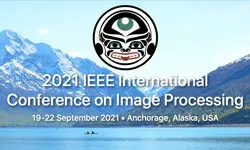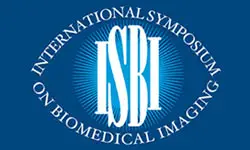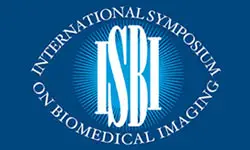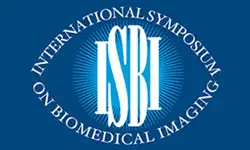Single Remote Sensing Image Dehazing Using A Dual-Step Cascaded Residual Dense Network
Yufeng Huang, Xiang Chen
-
Members: FreeSPS
IEEE Members: $11.00
Non-members: $15.00Length: 00:05:17
21 Sep 2021
Remote sensing (RS) dehazing is an extremely challenging task since the non-uniform distribution of haze and fog severely degrade the images and difficult to extract features. To address these issues, we propose an end to end Dual-step Cascaded Residual Dense Network called DCRD-Net, which can exactly remove haze from the hazy RS image and precisely restoring the details. The architecture of network contains two cascaded task-driven subnetworks, in order to deal with the coarse and fine haze-relevant features separately. Besides, the Residual Dense Enhancement Block (RDEB) is involved to guide the feature extraction, so that multi-scale information can be used to estimate the local and global features. Further, the Squeeze and Excitation (SE) Block is employed to optimize the RDEB, for the purpose to get the contextual feature and reduce computation complex. Quantitative and qualitative results illustrate that the designed framework outperforms the recent outstanding dehazing methods on promoting haze remove and restoring detailed in the synthetic and real-world RS images under various scenes. To encourage more comparisons, we release our codes on GitHub https://github.com/cxtalk /DCRD-Net.



